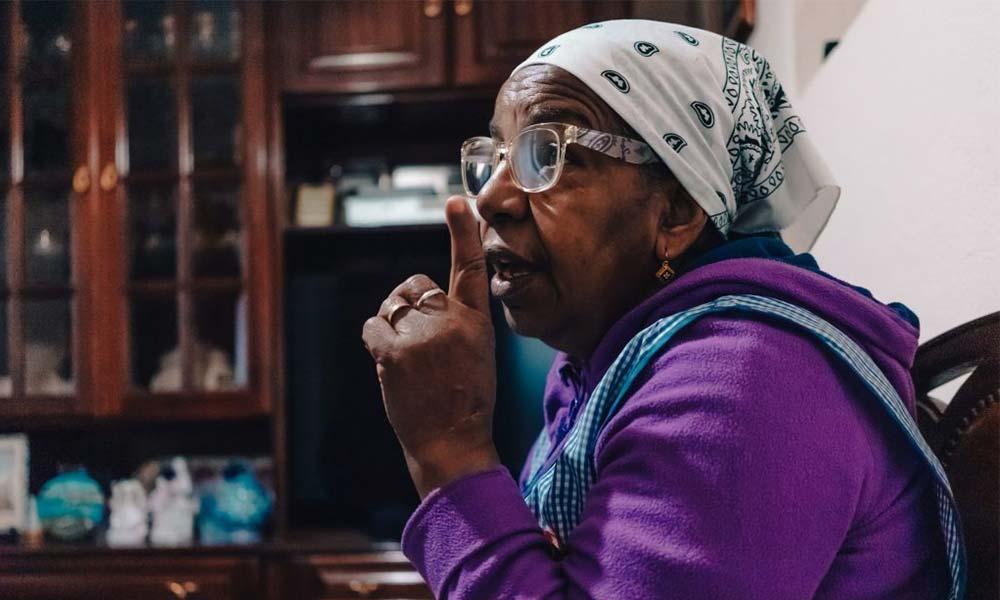Africa-Press – Cape verde. From young people who moved from Cape Verde a few years ago, to people who have been in Cova Da Moura, practically all their lives, and children who were born there, now see their lives portrayed in a report by Mensagem de Lisboa. A different life, as it turns out, different, “light years” from what is lived in neighboring Lisbon, stigmatized by the fame of the neighborhood inhabited, almost 100%, by natives of the former Portuguese colonies.The report, also available in Creole, is written by journalist Catarina Reis, who “infiltrated”, not only in the neighborhood, but in the homes of several families, to perceive, up close, the experience of a hard life, through the of nannies who dedicate their lives to taking care of children, so that the parents can work.
One of the protagonists of the story is Emília, 58 years old, who arrived in Cova da Moura in 1978, when she was only 12 years old. He started out living in a tent and now lives under a brick and cement roof, where he welcomes children while their parents go to work.
She and 11 other women, through an agreement with the Moinho da Juventude association. Otherwise, families are forced to choose between taking care of the children or going to work, as paying a nanny is not within their pockets. A difference from 96 to 250 euros.
Nilson and Leisa, a Cape Verdean couple who arrived in Portugal in 2017, are proof of that. Before they were able to enroll their daughter in the association, they tried, for three months, to pay the 250 euros, but it was not bearable. Leisa had to stop working for months, until she got the job.
Dona Lucinda is the one who takes care of this couple’s daughter. She has been doing this for twenty years, since she arrived in Cova da Moura, also from Cape Verde.They are women who, clandestinely and on their own, take care of children, who later become adults, under their eyes. A second mother.
“In Cova da Moura, there is always something that seems to be out of the place where we are used to seeing it. It’s not just the fish being gutted in the street. People sit and chat between office chairs placed outside, there are backpacks raised on top of chimneys, and pillows walking on the soft heads of women, who do so in an almost heroic way”, reads the report, which , in addition to the lives of the nannies, portrays other aspects of the daily life of its inhabitants, many of them Cape Verdeans.
For More News And Analysis About Cape verde Follow Africa-Press






